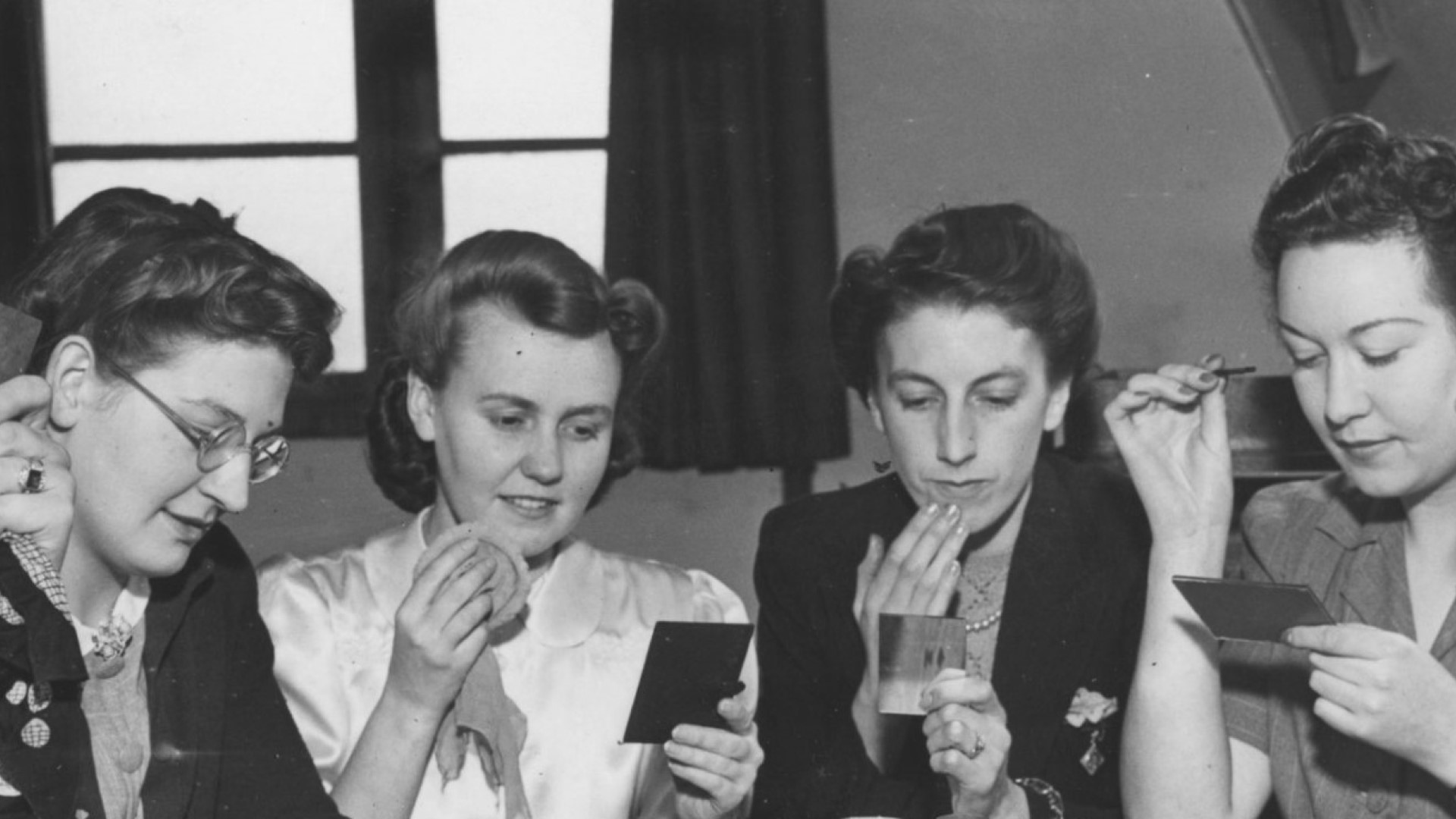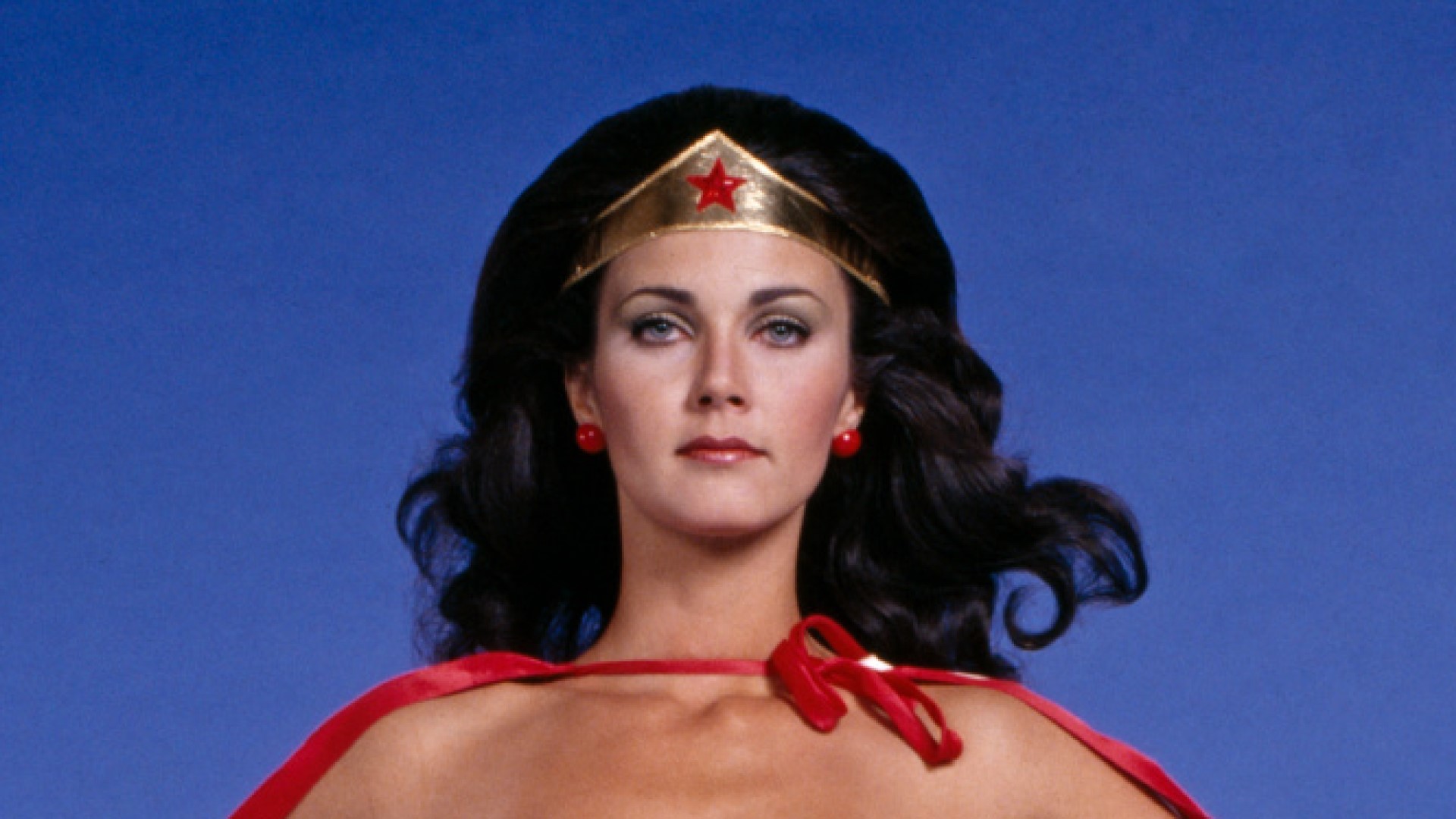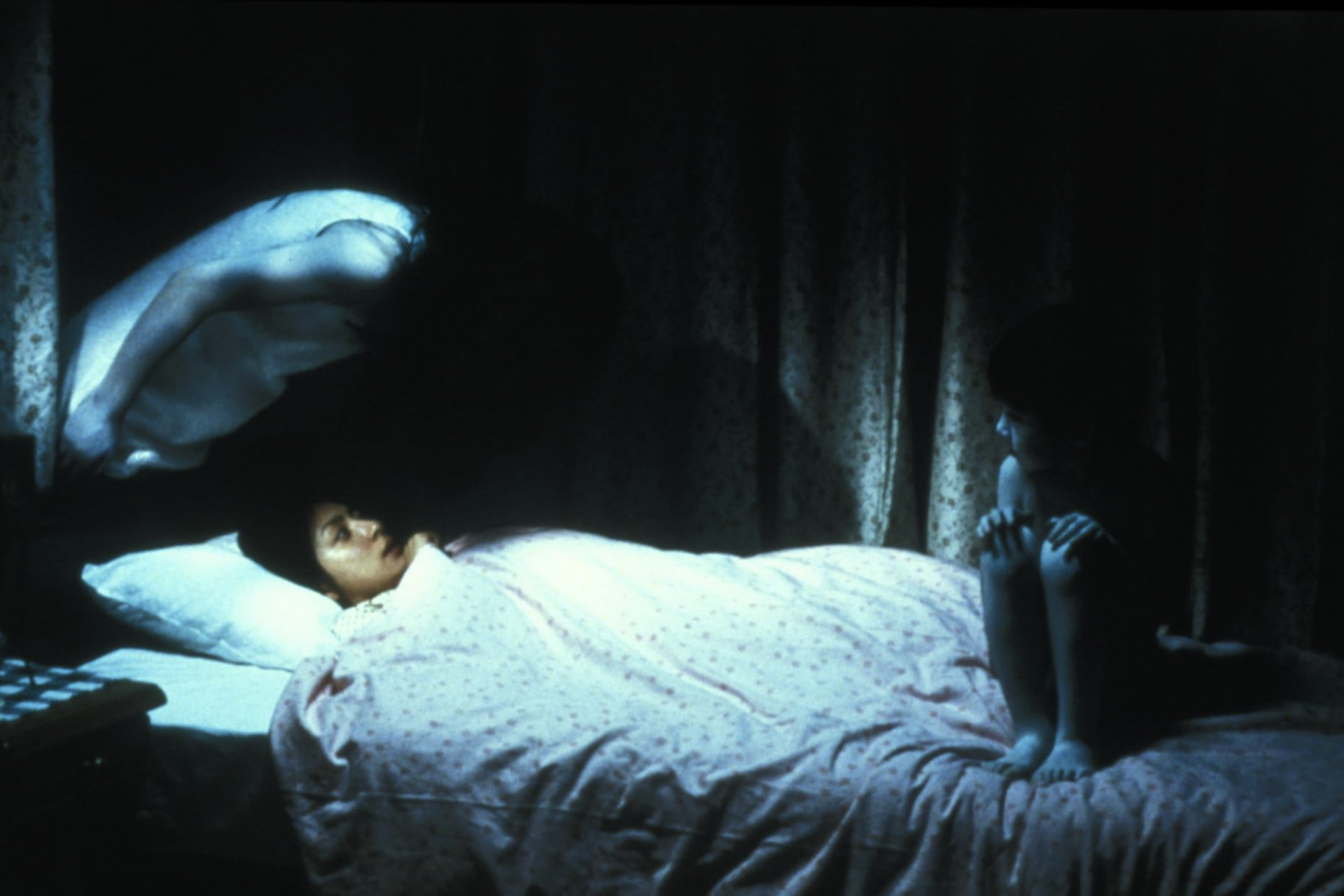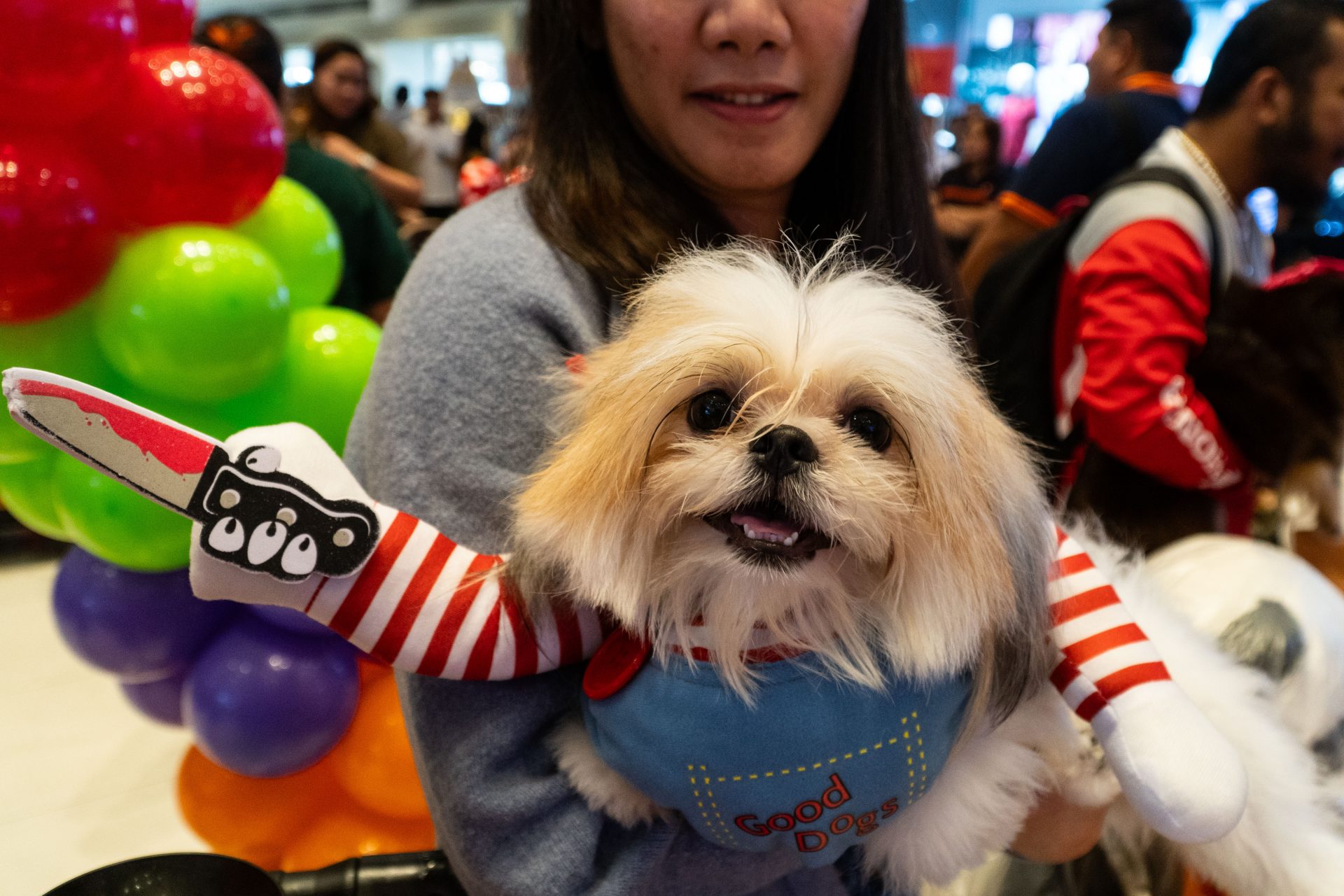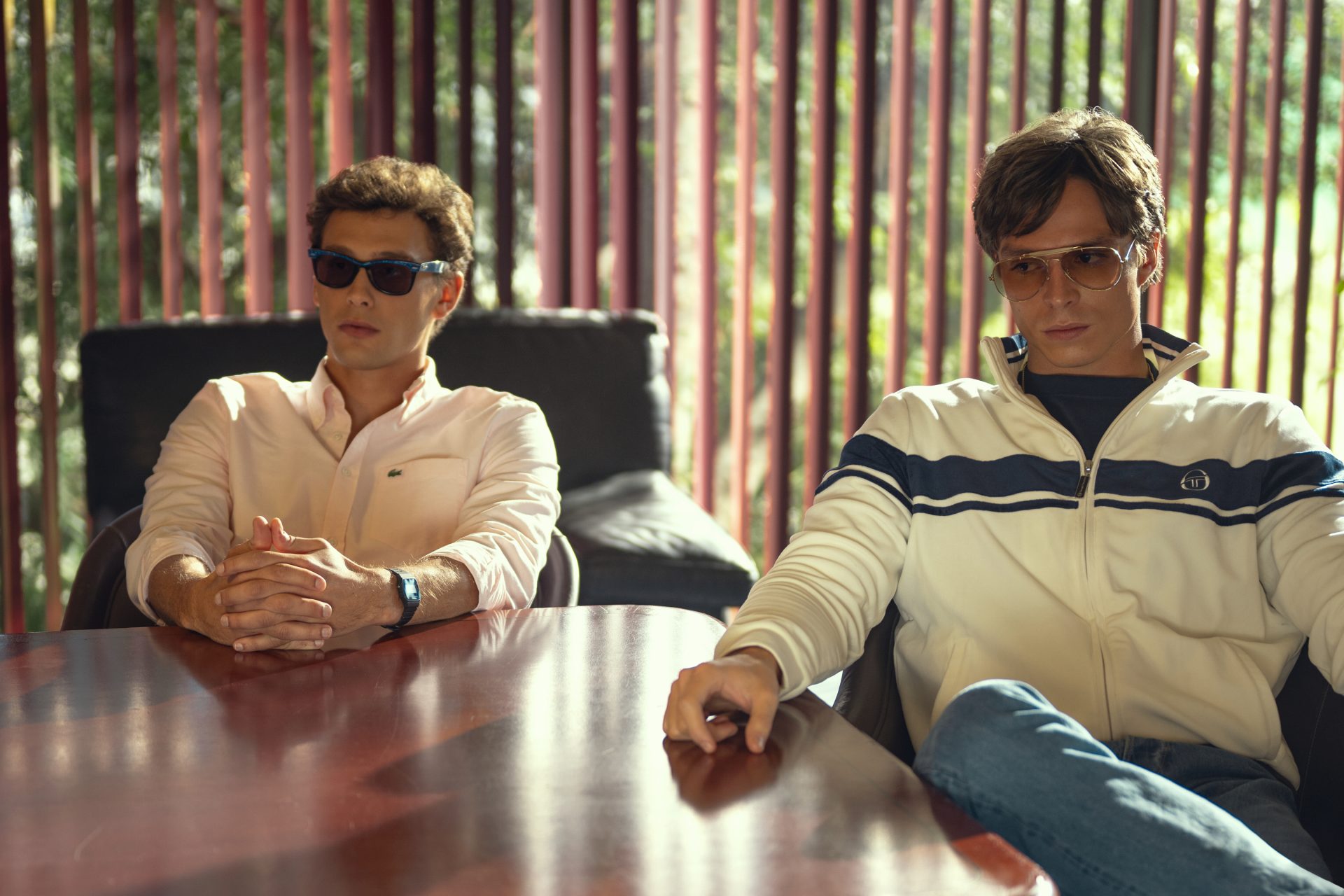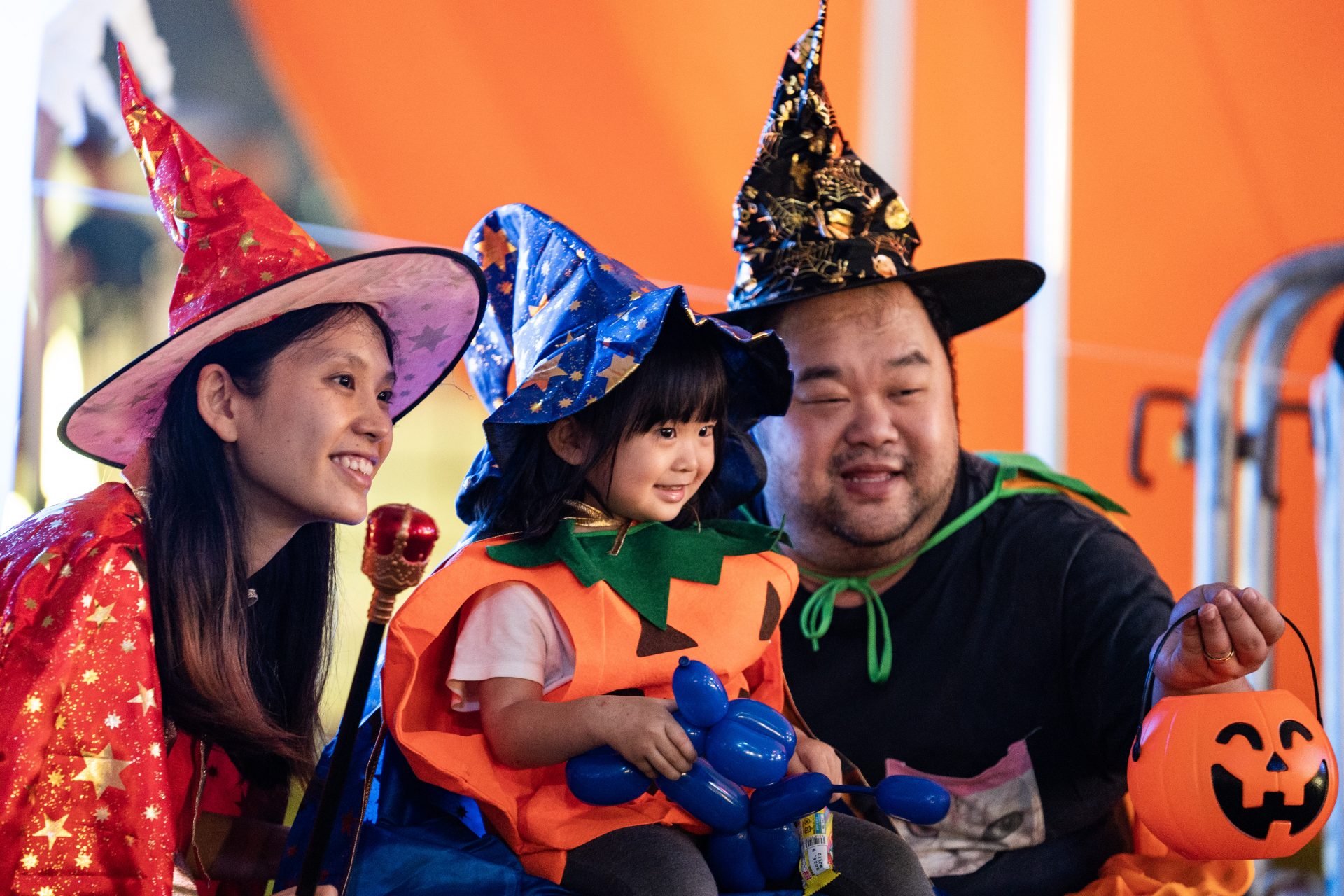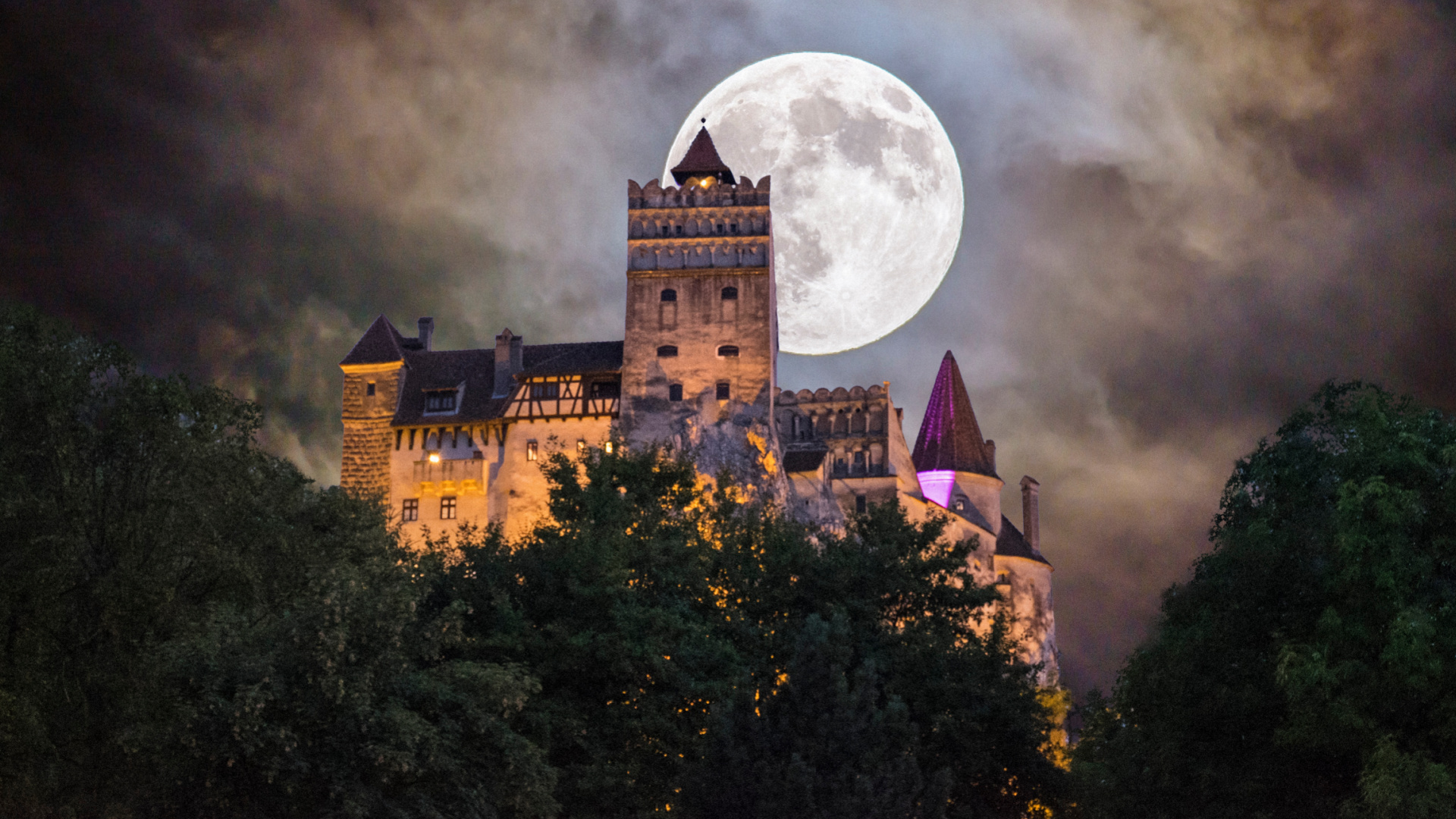The history of make-up: the beautiful, bizarre and bold trends of the past!
It’s not just fashion that has evolved throughout the years. Makeup has also had its place in history - not only in culture and style but also in politics and class. Some of the reasons behind makeup trends are fascinating whilst others are based on film stars and pin-ups. We look at the evolution of make-up over the last century.
We start all the way back at the beginning of the 20th Century when wearing make-up was to question morality itself.
History tells us that only those ladies who worked the streets at night and actresses wore make-up. The rest of the women? They also wore make-up, but tried to convince everyone else they didn’t.
In the UK, the times dictated that the whiter and paler you were, the ‘better off’ you were. Those with a higher class stayed indoors so tans were for lower classes. So many wore white powder to whiten the tone of their skin. The pale look was so sought after that women went to some pretty harsh lengths to bleach their skin - using acids such as lemon juice and cider vinegar on their faces.
Then, in 1913, the opinion of make-up changed. The protest march, where women fought for equal recognition and the right to vote, was a place to wear red lipstick: thus turning makeup into a symbol of empowerment.
People in the twenties went crazy for all things Egyptian after the discovery of Tutankhamun. So the ladies? They went for black eyeliner - and thus the ‘Flapper’ was born.
Flappers really had the first ‘artificial’ face in modern make-up history - they had smoky eyes along with ivory pale skin and circular rouge. Women copied the looks of the actresses as make-up became mass-produced and sold.
The first swivel lipstick was created in the 20s, allowing women to really get that cupid bow lip shape that was so popular at the time.
Make-up counters appeared and women could now ‘try before you buy’. People began experimenting with powders, lipsticks, and mascaras which, at this point, were still a compact and bar brush.
Make-up commercialisation started. The experimentation with make-up really took off as Hollywood glamour inspired the women of the world.
The eyes, from the smoky 20s, were now lighter in shade - and the focus seemed to be on getting those eyebrows pencil thin.
Lipstick now filled the whole mouth and was a popular amenity. The Daily Mail reported that "in 1931, 1500 lipsticks were being sold for every 1 sold in 1921."
There were now makeup tutorials given by well-known makeup artists such as Max Factor; who presented his pancake foundation to the general public after using it on Hollywood’s stars.
Greta Garbo was one of the most glamorous and popular stars of the time, with many women looking up to her strong-willed heroine characters and, thus, copying her style.
During the difficult WW2 years, there was a ban on cosmetics and make-up was in short supply. After the war had finished, all women wanted to look and feel good, even if there was little make-up available.
Ladies used lipsticks on their cheeks to give color as rouges swiftly went out of stock. Some women even made do with homemade efforts to get a glow.
But there was still a trend: it was to ensure neat, arched eyebrows and full lips with the lipstick covering the mouth. Surprisingly, it was the government that encouraged women to use lipstick.
Red lipstick became a way women could contribute to the war. They sent letters sealed with lipstick kisses to men at the front to help morale.
Following the war, make-up became ‘on the go’ - and compacts and portables became the biggest seller of the decade.
The war ended and make-up gained popularity once again - there were now new make-up tools such as eyelash curlers and eyebrow stencils.
Winged eyeliner became a trend in the 50s with beauty icons such as Marilyn Monroe and Grace Kelly sporting the style.
It was also the era for the color pink. All the shades and hues of make-up came in different tones of pink - especially rouges. Audrey Hepburn famously said, ‘I believe in pink’, making it a fast favorite among women.
The 50s also saw the ‘mask effect’, a thick application of foundation to really give that spotless skin so many wanted. An example to many was Elizabeth Taylor, one of the icons of the time.
It was time for hair, faces, and clothes to split into different fashions. The 60s saw women experimenting with make-up and creating three different styles.
This style was adopted by stars such as the timeless Brigitte Bardot and featured a dark line of eyeliner, a generous use of mascara, and some lip gloss, which became widely used.
Twiggy set the scene for pale lips, pale eyeshadows, and thick mascara - now both on the top and bottom of the eye. Many also used false eyelashes to create an even fuller effect.
The 60s are known as the first ‘retro’ decade with many people bringing back the heavy smoky eye from the 1920s as well as bold lip colors. The 60s were really all about whoever you wanted to be.
The trend of tanned skin was coming in - people began to go on holiday and it was fashionable to get a tan. The color of palettes was ‘bronzed’ with products now available for different skin tones.
The trends in the 70s were polar opposites. On the one hand, you had the natural, almost ‘bare’ look that Farrah Fawcett always sported. It was now liberating for women to not have to wear makeup and radical feminists even called for a makeup ban.
The era of disco also gave us glamour and sheeny, shiny colors. Everything from the disco scene was vibrant and super shiny - including the heavy lip gloss.
This was ‘power make-up’. Women were standing their ground both professionally, personally, and in fashion - experimenting with clothes and make-up to shout out about their own individualism.
People like Madonna were empowering women to be in charge and feel beautiful. Women had their own style and weren’t afraid to put themselves ‘out there’.
Cyndi Lauper said herself in the lyrics to her song ‘Girls Just Wanna Have Fun’ and that’s what they did! '80s makeup gave us neon eye-shadow, contoured cheeks, and frosted lips.
It was time to forget about neutral shades and dive into a whirlpool of color. In fact, there was no limit to how bold a look could be.
One of the trends of the 90s was called ‘muted glamour’ which was a simple face of matte make-up and n u d e s: think Kate Moss.
The 90s were also known for pretty much anything metallic. Metallic sheens, eyes, and even lips made their way into ladies’ handbags, giving a general silver and gold feel to the decade.
Stars such as JLo and TLC made deep, plummy-purple lips a serious trend in the 90s. The rest of the face was kept n u d e while this bold lip color gave you instant edgy and cool vibes.
General all-over shimmer and pastel-colored eye shadow were what really swept the end of the 90s by storm. You just have to look at the end-of-the-century icons such as Britney Spears and Christine Aguilera to see what every girl, teen, and young woman wanted to emulate.
Following on from the 90s, the early naughties also had a lot of glittery and metallic make-up. Sparkly lids were the thing.
Many will remember the pencil-thin eyebrows that were a must in the early 2000s - they were waxed, plucked, and then pretty much just drawn on with one swooping line.
The look from Y2K is pretty distinctive. You can look at a photo and tell it was taken in that era. Take, for example, the entrance of colored eyeliner - many women sported a line of blue, green, or even pink on their lids.
No one went anywhere without their shiny (normally gloopy) lip gloss. It was a must in any girls’ bag - until it leaked and you had to buy another one.
But what about the emo scene? Matte foundation and thick, black eyeliner were common for those with alternative fashions. Women also mainly put eyeliner within the bottom eyelid, actually giving the eyes a smaller appearance.
Nearing the end of our make-up history tour, we move into the 2010s and, yes, we turn to those thick eyebrows that celebrities such as Cara Delevigne brought in. Suddenly everyone was begging their brows to grow and using gels, pencils, and even tattoos to make them look full.
The Juicy tubes had gone and now lips were matte - often n u d e and outlined with a liner. Lip fillers became a cosmetic craze, likely due to the Jenner/Kardashian clan.
Sculpted glamour was hot on the red carpet with highlighted cheekbones and super heavy contouring thanks, once again, to Kim Kardashian and her make-up artist. The decade was all about the rise of Instagram and having flawlessly toned skin and bone structure.
Reality TV shows such as 'TOWIE' and 'Jersey Shore' brought in the ‘overtanned’ look. Self-tanning and a general orange glow was common practice for many women.
As we move into new times, one thing is clear: make-up itself is becoming less important, and looking after your skin is now almost always first. A good complexion can take on a number of make-up styles; so always protect and prime that skin first to create a natural and flawless blank canvas.



















